SAVE THE WILDLIFE YOU WANT TO SEE
COVID’S IMPACT ON CONSERVATION IN AFRICA— REPORTS FROM THE FRONTLINE
In March, before COVID dropped its unexpected and heavy curtain on international travel, I swooped through one of my favorite regions of Africa—the Laikipia region in Northern Kenya—on a quick tour to check in on partner projects, camps, and conservancies that we book as part of our curated safari itineraries.
Laikipia is one of Africa’s leaders in setting aside land for wildlife protection and conservation. Hundreds of thousands of acres of land previously held by private owners is dedicated to endangered species, elephant corridors and biodiversity. This labor of love has been undertaken by landowners, local and international conservation NGO’s and the support of the varied tribal communities that farm and herd livestock in the region.
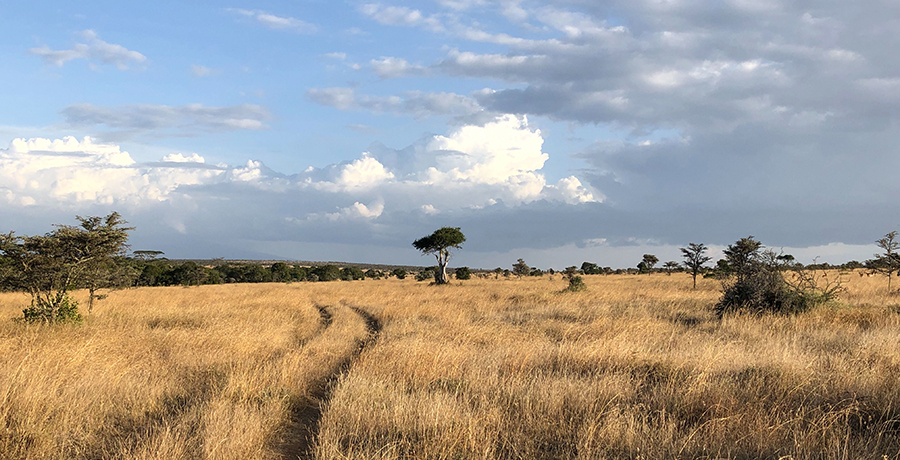
In spite of these robust conservation efforts, Laikipia remains a fragile ecosystem, vulnerable to population and pastoralist herding pressures, drought and accelerated climate volatility, as well as political and big business interests. In many ways, it is a microcosm of the pressures facing all of Africa’s wild regions. The last time I visited, in 2017, during a profound drought, the area saw the armed invasion of Samburu herders from the north. The damage to wildlife, conservancies and their stewards was profound. (See my 2017 article on this subject.)
Now three years later, the COVID virus is threatening to destabilize the area once again. With the shutdown of the Kenya border—along with many other borders in Africa—camps and lodges are closed. Staff are furloughed. Security teams and anti-poaching patrols are at risk, and with that returns the threat of wildlife poaching in a region that has seen superb success in protecting species over the past ten years. These conditions are extending to the rest of Kenya and beyond, to Africa as a whole.
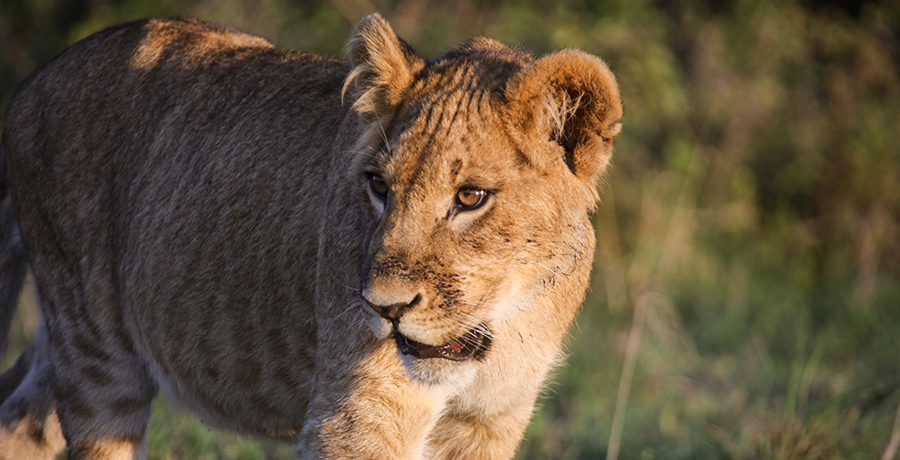
Sophie Grant, who owns and manages El Karama, a private conservancy and lodge in Laikipia, is currently down to skeletal staff but anti-poaching rangers and security teams are fully operational. In addition to being a wildlife conservancy, El Karama is also a working farm, and with such diversification of operations cattle, hay and other elements may have to step in to supplement security costs during lockdown. The team at El Karama is also drying teas and herbs and packaging for the future and making food parcels for those they know are struggling.
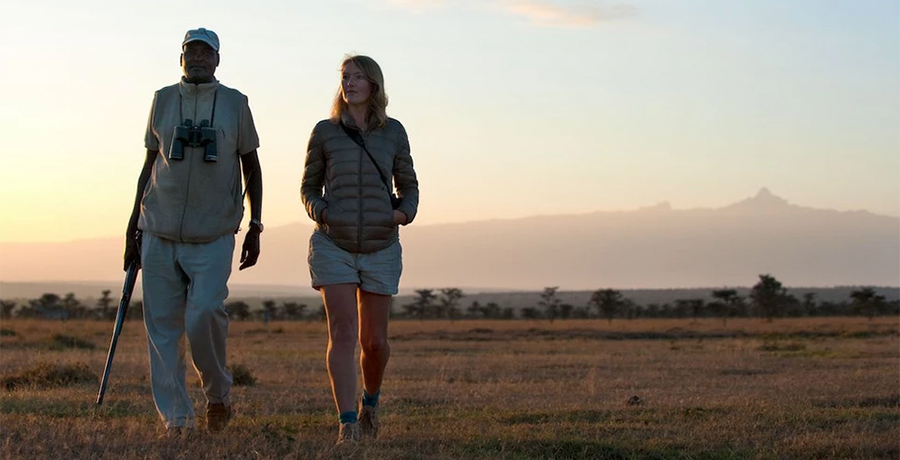
At the moment, Sophie reports that wildlife in camp is “happy and confident and wildlife is reclaiming their space and freedom. Without the movement of cars and people and the general activity of a happy bustling lodge, we are seeing warthogs at the pool drinking and mowing the lawn; the bush buck are less secretive and have brought another baby to us the fourth generation born in camp; the impala pass through and the crested francolin are on the lawns daily bumbling around. We are seeing huge herds of buffalo, leopard and lion roaring every night.”
Nevertheless, postponements and cancellations threaten the future well-being of all. Providing refunds to clients is eating into the reserves of small lodges and impact staff and small local suppliers who depend on tourism. Tourism brings revenue for wildlife and people, and also for local economies. It can take people from a hand to mouth existence into the next levels of saving, investment and rewards. For that to stop without much warning is devastating to burgeoning economies, and the ensuing human desperation also threatens wildlife. There is no conservation without community that need viable livelihood to thrive.
Kerry Glen, Founder of Karisia Walking Safaris in Laikipia reports that they have had to let their contract workers go and are receiving requests for advances for food. “This area’s success in conservation purely comes down to employment through tourism. Fifteen years ago, the wildlife was scarce and a lot was being eaten. Now it has some of the richest wildlife in Laikipia. But if wildlife does not pay its way, people will not protect it.”

Kieran Avery, Director of Natural Resource Management at Northern Rangelands Trust, acknowledges the significance of the COVID moment for Northern Kenya: “The loss of revenue for NRT conservancies though the collapse of tourism has had a massive impact, as it puts huge pressure on NRT to cover the costs no longer met by tourism funds — which is tricky. The return of tourism is of utmost importance to the communities of northern Kenya — without it they have little to no sustainable source of revenue generation. Regarding security forces — the government security forces are understandably being focused on COVID duties, so this means we have seen an increase in road banditry and livestock thefts across the NRT landscape.”
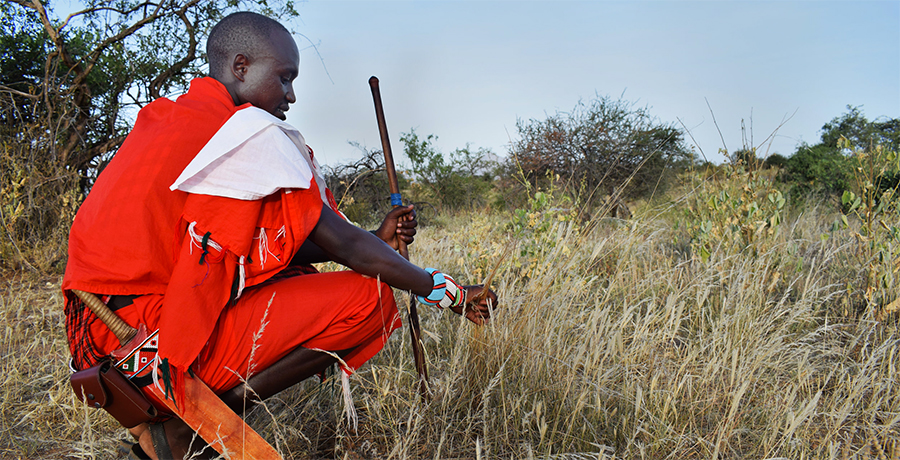
Kip Olepolos, Chair of Il Ngwesi Conservancy, is very concerned: “Because of COVID-19 most companies and organizations have laid off their staff, hence increasing insecurity in the whole country if not continent. On the conservation perspective we are expecting poaching both for ivory as well as for subsistence to go high. If tourism will not come back it might mean the end of wildlife existence as well as end of of Maasai culture. It will also mean the efforts and sacrifices we have put in place for many years will be a waste. It also means young generation that we thought through wildlife conservation will have a better future will not be possible, it also means all the dreams I had about the communities in Kenya if not Africa through wildlife conservation will never become reality as expected.”
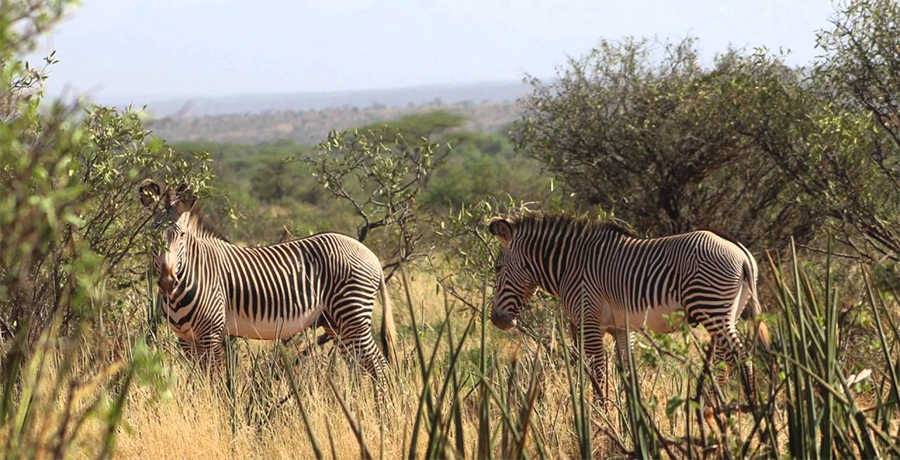
Beyond Laikipia, Alex Walker who owns and manages Serian Camps in Kenya’s Mara North Conservancy and and mobile camps in Serengeti, employs 140 staff full time and 40-60 part-timers has had to send home the majority of his workforce, keeping them on half pay: “Most of our staff members come from the wild areas we operate in. With no income, they will be impoverished in days, and the stark reality is that many will turn to the bush to feed their families. In fact, reports already indicate that the level of snaring has spiked in the past week alone.”
Serian has initiated ways in which to supplement their local income, starting a small online shop for macro funding that will help with collecting the local harvest, instigation of small holding egg laying chickens and funding small workshops. Staff that do subsistence farming or possess livestock will be the most resilient.
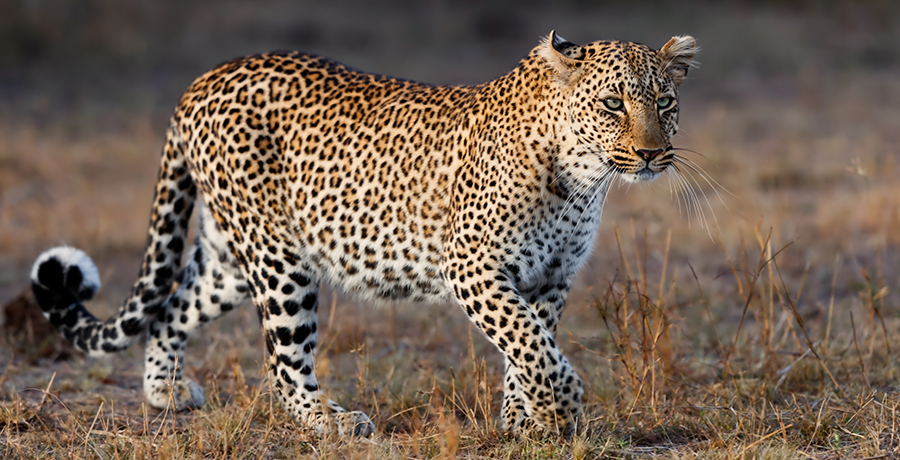
Luca Belpietro, founder of the lodge Campi Ya Kanzi, and the Maasai Wilderness Conservation Trust in the Chyulu Hills, reports: “MWCT has lost his source of income for Wildlife Pays. Wildlife will definitively be under threat in the Park and near our boundaries, as jobless people will turn into poachers. Without tourism people will suffer, they will turn to wildlife use for their survival, with the obvious devastating consequences for the wildlife.”
In Uganda, Pamela Kertland Wright, Founding Director of Wildplaces Africa and The Uganda Safari Company reports: “We have stepped up our participation in the security of the wildlife in our area – especially in Semliki and Kidepo. We have been using our vehicles to assist UWA in patrols and are in regular contact with the wardens. We are hoping that the new Wildlife Act that was passed at the end of 2019 will hold fast — the new act has revised schedules and penalties for poaching, but we are well aware that regulations and rules relax at times like this, and that in many cases people must come before wildlife. Tourism really helps maintain that balance between the two.”
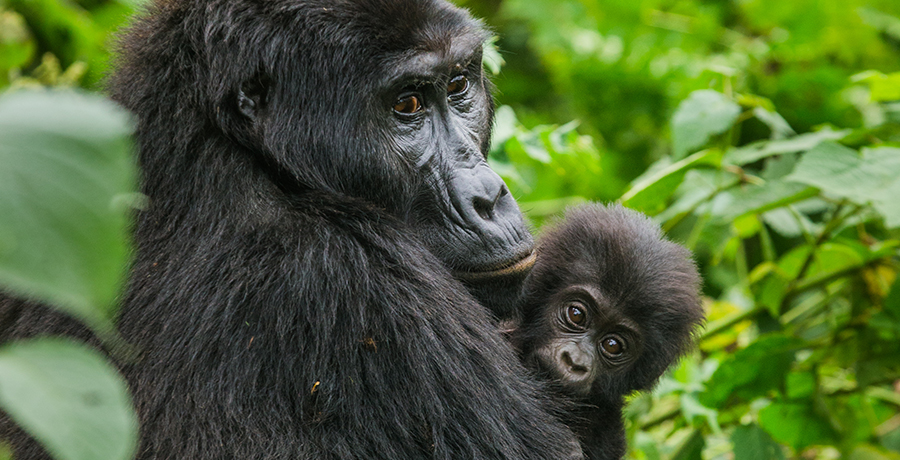
Once in Africa, visitors come to understand the key role they play in protecting the wildlife they have come to see firsthand. Camps and lodges have been first responders to every poaching crisis. Keeping bed nights full equates to solid funding for security and anti-poaching patrols and harsh govt measures against infractions have cut poaching way back. With camps and lodges now shut down, COVID threatens to undo this progress, leaving all species and their habitats vulnerable. As Alex Hunter, a long-time camp owner in Ol Pejeta Conservancy reports: “The conservation fees are the main income stream that allows these conservancies to protect entire ecosystems.”
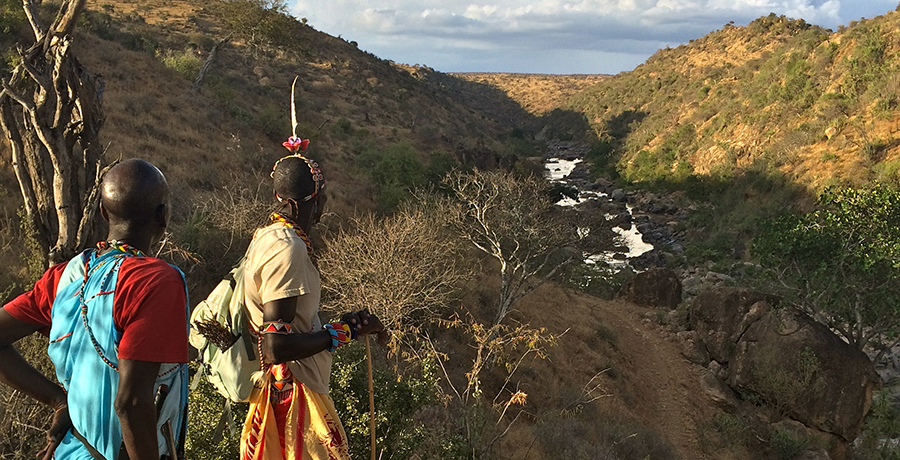
Local stakeholders are currently doing all they can to preserve species that inhabit some of the last of the world’s great wilderness areas, without the benefit of tourism revenue. Like Verity Williams at Sabuk Lodge, they are paying for security patrols even as other staff are let go.
What can aspiring travelers do to help?
- Book African travel for 2021 and beyond NOW. The revenue from deposits (which include conservation fees for the parks you will be visiting) can support wildlife and habitats until you get there.
- Donate to support African wildlife during the COVID crisis. Here are some recommended organizations:
African People and Wildlife
Big Life Foundation
Cheetah Conservation Fund
Elephant Human Relations Aid
Elephants without Borders
IFAW
Maasai Wilderness Conservation Trust
Mara Elephant Project
Mission Possible
Northern Rangelands Trust
Painted Dog Conservation
Ruaha Carnivore Project
Save the Elephants
Space for Giants
Tusk
Whether you have already been on safari and have been smitten with Africa’s wild beauty and game or have still yet to visit, now is the time for us to unite to protect her wildlife and reserves. Let us safeguard Africa’s wilderness and future so we can #TravelTomorrow.
 Dominique Callimanopulos
Dominique Callimanopulos
President and Founder
Elevate Destinations

